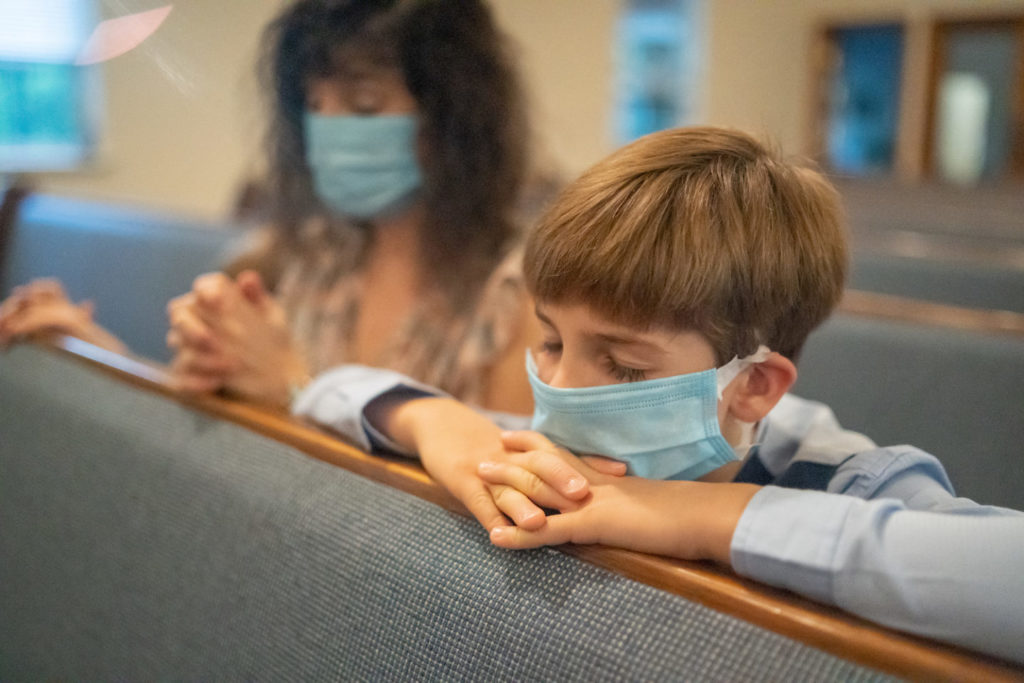Federal court declines to take up Maine religious freedom case
(The Center Square) – A federal appeals court has declined to take up a lawsuit filed by a Maine church alleging that the state’s COVID-19 restrictions on worship services during the pandemic…

(The Center Square) – A federal appeals court has declined to take up a lawsuit filed by a Maine church alleging that the state’s COVID-19 restrictions on worship services during the pandemic violated religious freedoms.
In a ruling, the 1st U.S. Circuit Court of Appeals in Boston said the legal challenge is “moot” primarily because the COVID-19 state of emergency ended in June 2021 and Gov. Janet Mills has said she has no plans to reinstate the restrictions on public gatherings that prompted the church’s initial complaint.
“COVID-19 cases often force courts to decide difficult questions about how states use their powers against others. Not so here, however,” Judge O. Rogeriee Thompson wrote in the 24-page ruling. “The case is moot … and no mootness exception can save it.”
A lawsuit filed by the Liberty Counsel in May 2020, on behalf of the Calvary Chapel, argued that Mills’s COVID-19 restrictions limiting church gatherings to 10 people violated their parishioners constitutional and statutory rights. The church requested an injunction against the restrictions, which was denied by a federal court judge.
The church’s attorneys petitioned the U.S. Supreme Court to take up the case but in August Justice Stephen Breyer rejected the church’s legal challenge, without comment.
In the ruling, the three-judge panel criticized Liberty Counsel attorneys for filing a “paper blizzard” of court documents in support of “rehashed” arguments about the reinstatement of pandemic restrictions, as they continue to search for a “mic-dropping moment” in the legal challenge.
The judges also candidly offered Liberty Counsel’s attorneys a “tutorial” about bringing cases before the federal court system.
“Federal judges can decide only cases or controversies between adversaries,” Thompson wrote in the ruling. “That means we decide on ‘live’ disputes, not moot ones.”
Liberty Counsel chairman Mat Staver said the court’s determination that the case is moot means there is “not an urgency” to petition the Supreme Court to reconsider the case.
But Staver said Maine was forced to roll back the restrictions following other Supreme Court rulings in religious discrimination cases that the group filed in other states. He said the wins “caused the restrictions to fall like dominoes.”
“Churches in Maine and nationwide are free,” he said. “Our litigation success has guaranteed that churches will never face these discriminatory restrictions again.”
The Maine attorney general’s office declined to comment on the appeal court’s decision.



